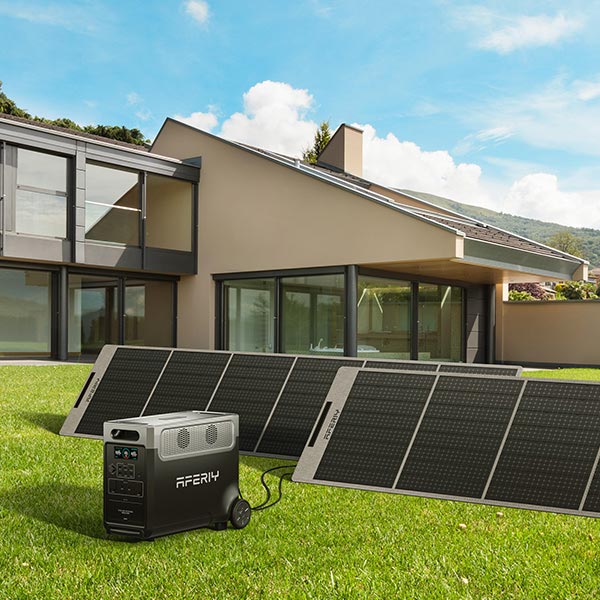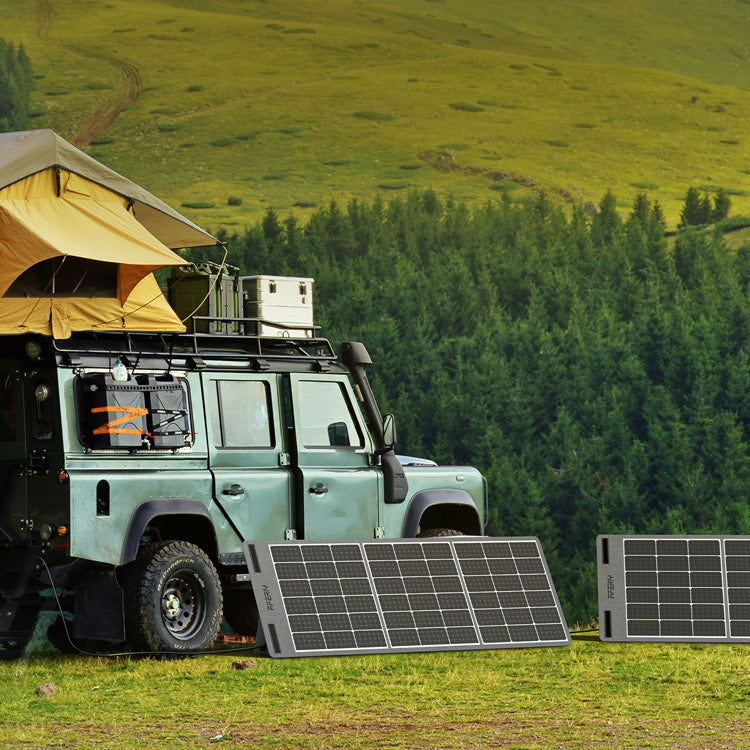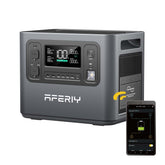Should You Clean Solar Panels? Your Questions Answered
As the demand for clean and sustainable energy grows, solar panels have become an increasingly popular choice for homeowners and businesses alike. However, the question remains: should you clean your solar panels? In this article, we'll explore the factors that contribute to the decision of whether or not to clean your solar panels, and we'll provide you with the information you need to make an informed choice.
Benefits of Solar Panel Cleaning

Solar panels are designed to capture sunlight and convert it into usable electricity. However, over time, dust, dirt, pollen, bird droppings, and other debris can accumulate on the surface of the panels. This accumulation can obstruct sunlight and reduce the efficiency of your panels. Regular cleaning offers several key benefits:
Improved Efficiency
Clean solar panels can capture more sunlight and produce more energy. When dust and debris cover the panels, they can't absorb sunlight effectively. By cleaning them, you allow more sunlight to reach the solar cells, maximizing energy production.
Optimized Energy Output
Efficiency directly affects the energy output of your solar panels. With regular cleaning, you can ensure that your panels are operating at their highest potential, which can lead to greater energy savings over time.
Extended Lifespan
Proper maintenance can extend the lifespan of your solar panels. Accumulated dirt and debris can lead to corrosion or other damage if left untreated. Regular cleaning can help prevent long-term issues and protect your investment.
Factors Affecting the Need for Cleaning

The need for solar panel cleaning can vary based on several factors:
Climate and Environmental Conditions
If you live in an area with high levels of dust, pollen, or bird activity, your solar panels may require more frequent cleaning. Rainfall can naturally clean your panels to some extent, but in dusty or dry regions, regular cleaning is essential.
Angle and Tilt of Panels
The angle and tilt of your solar panels can impact how effectively they shed dirt and debris. Panels with a steeper tilt angle may naturally shed debris more effectively than flat panels.
Proximity to Pollutants
If your solar panels are located near sources of pollutants, such as factories or busy roads, they may accumulate dirt and grime more quickly. Regular cleaning can help mitigate the impact of these pollutants on panel performance.
Methods of Solar Panel Cleaning

When it comes to cleaning your solar panels, you have a few options to consider. The method you choose should prioritize the safety of both yourself and your solar panels, as well as the effectiveness of the cleaning process.
DIY Cleaning
DIY cleaning involves using a garden hose, a soft brush, and mild, soapy water. Gently scrub the panels and rinse them with clean water. However, exercise caution, and ensure you follow safety guidelines and manufacturer recommendations to avoid damaging the panels.
Cleaning your solar panels yourself is a cost-effective option that allows you to maintain your panels' cleanliness regularly. Here's a step-by-step guide to effectively clean your solar panels:
-
Safety First: Before you begin, ensure your panels are not energized and are cool to the touch. Use a stable ladder if needed, and work during cooler parts of the day to avoid hot surfaces.
- Gather Supplies: You'll need a garden hose with a gentle spray nozzle, a soft brush with long bristles, and a bucket of warm water mixed with mild, soapy detergent.
-
Rinse: Start by rinsing the panels with a gentle stream of water from the hose to remove loose dirt and debris.
-
Scrub: Dip the brush in the soapy water mixture and gently scrub the panels. Avoid using abrasive materials or brushes that could scratch the surface. Focus on any areas with stubborn grime or bird droppings.
-
Rinse Again: Rinse the panels with clean water to remove the soap residue. Make sure no soap is left behind, as it could create a film that hinders sunlight absorption.
- Dry Naturally: Allow the panels to air dry naturally. Avoid using a cloth or sponge to dry them, as this could cause scratches.
Remember, while DIY cleaning is an option, exercise caution and adhere to safety guidelines. Also, consult your solar panel manufacturer's recommendations, as some panels may have specific cleaning instructions.
Professional Cleaning Services
Hiring professionals to clean your solar panels offers several advantages, especially if you're concerned about safety or lack the time to clean them yourself. Professional cleaning services often have experience and equipment specifically designed for cleaning solar panels. Here are a few benefits:
-
Expertise: Professionals are trained to clean solar panels without causing damage. They know how to handle delicate panels and ensure they're not scratched or cracked during the process.
- Efficiency: Cleaning companies have the tools and knowledge to clean your panels quickly and efficiently, minimizing downtime and maximizing energy production.
-
Inspections: Many professional services also offer inspections to identify any potential issues or maintenance needs. This proactive approach can help prevent problems before they escalate.
- Safety: Hiring professionals eliminates the risks associated with working at heights and handling cleaning materials. It's particularly useful if your solar panels are installed on high rooftops.
Automated Cleaning Systems
Some solar panel manufacturers offer automated cleaning systems that use robotic arms or water sprayers to clean panels at regular intervals. While these systems can be convenient, they are more commonly used for large-scale solar farms rather than residential installations.
How Often Should You Clean Solar Panels?

The recommended frequency of cleaning can vary based on your location and environmental conditions. If you live in an area prone to dust, pollen, or bird droppings, cleaning every six months to a year may be advisable. Regular visual inspections can also help you determine when cleaning is necessary.
Warp Up

In the world of solar panels, proper maintenance, and cleaning are vital to ensure optimal energy production and system longevity. As we've explored, the decision to clean your solar panels should be based on various factors, including the local climate, the level of dirt and debris, and your personal preferences.
Regular cleaning offers tangible benefits. It enhances the efficiency of your solar panels by allowing them to capture the maximum amount of sunlight, resulting in increased energy production. This, in turn, contributes to reducing your electricity bills and your carbon footprint.
However, the decision to clean your solar panels should be made thoughtfully. DIY cleaning can be effective, cost-efficient, and satisfying, but it comes with the responsibility of ensuring your safety and adhering to best practices.
On the other hand, professional cleaning services offer expertise, efficiency, and a level of convenience that can be especially appealing to those with busy schedules or concerns about working at heights.
Remember that solar panels are an investment, and proper maintenance is essential to protect that investment and maximize its returns. Whichever method you choose, make sure to do your research, follow manufacturer guidelines, and prioritize safety.
As we continue to harness the power of the sun to generate clean energy, taking care of our solar panels becomes a crucial part of embracing sustainability. By making informed decisions about cleaning and maintenance, you can enjoy the full benefits of solar power while contributing to a greener future for our planet.
So, should you clean your solar panels? The answer is clear: Yes, but do so wisely and with the knowledge that your efforts will pay off in the form of more efficient energy production, lower bills, and a cleaner environment.











1 comment
The availability of automated cleaning solutions for solar panels underscores the growing emphasis on efficiency and reliability in the renewable energy sector. While these systems are a boon for large installations, their suitability for residential use remains limited, primarily due to economic considerations.
https://www.itekenergy.com/
Leave a comment
Please note, comments need to be approved before they are published.